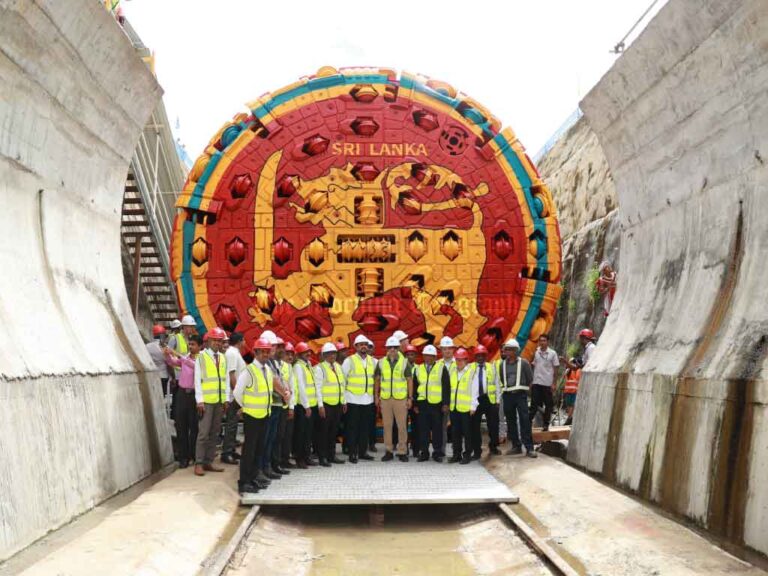
Sri Lanka is at a pivotal moment, balancing ambitious economic reforms with deep-seated governance challenges. Recent controversies have cast long shadows over its administrative protocols, especially with allegations suggesting a rush in governmental approvals that coincide suspiciously with electoral cycles. Questions arise whether such hastened decisions are influenced by potential kickbacks intended for election campaign funding.
The latest scandal involving the hurried approval of the online visa process managed by the Minister of Public Security, Tiran Alles, exemplifies these governance lapses. The public outcry followed when a citizen’s confrontation at the airport laid bare the inadequacies and rushed nature of the new system, subsequently outsourced to a foreign company. This incident underscores the critical need for transparency and due diligence in administrative actions.
Similarly, the former Minister of Health, Keheliya Rambukwella, is currently enduring legal proceedings, remanded over charges related to the importation of substandard medicine that reportedly led to patient fatalities. These cases highlight a troubling pattern of expedited cabinet approvals, which, while legally adhered to, have had disastrous outcomes and have ignited public and legal uproar.
Amidst this backdrop, Sri Lanka continues to advance significant projects, such as the collaboration with Adani Green Energy to develop wind power stations in Mannar and Poonerin. This $442 million investment to generate 484 megawatts of wind power illustrates a strong shift towards sustainable energy, aimed at reducing the island’s fossil fuel dependency and enhancing its energy infrastructure.
The Sri Lankan Cabinet, under advisement from a specially appointed negotiation committee, has agreed to a power purchase rate of USD $8.26 cents per kilowatt-hour for the next 20 years, as outlined in the agreement with Adani Green. This rate is anchored to the Sri Lankan Rupee, reflecting the actual foreign exchange rates. The announcement of this deal initially boosted Adani Green’s shares, demonstrating market confidence in the project’s potential benefits.
Additionally, the US government-backed International Development Finance Corp has extended a significant loan to Adani Ports for developing a container terminal in Sri Lanka, further emphasizing international confidence in the country’s strategic initiatives.
However, each of these developments brings its own complexities, especially concerning the transparency of the bidding process and the long-term implications for Sri Lanka’s energy policies. Public and expert scrutiny remains crucial to ensure these agreements align with national interests and sustainable practices.
As Sri Lanka navigates through these turbulent waters, the dual narrative of pursuing sustainable development through international partnerships and rectifying governance missteps will be pivotal in shaping its future. The successful resolution of these governance challenges will be crucial in determining the effectiveness of Sri Lanka’s strategic shifts and its adherence to principles of transparency and accountability in public administration. The country’s journey towards renewable energy initiatives is a hopeful sign, potentially mitigating future crises like the severe power outages and fuel scarcities it faced in 2022, driven by an economic downturn and spikes in imported fuel costs.




